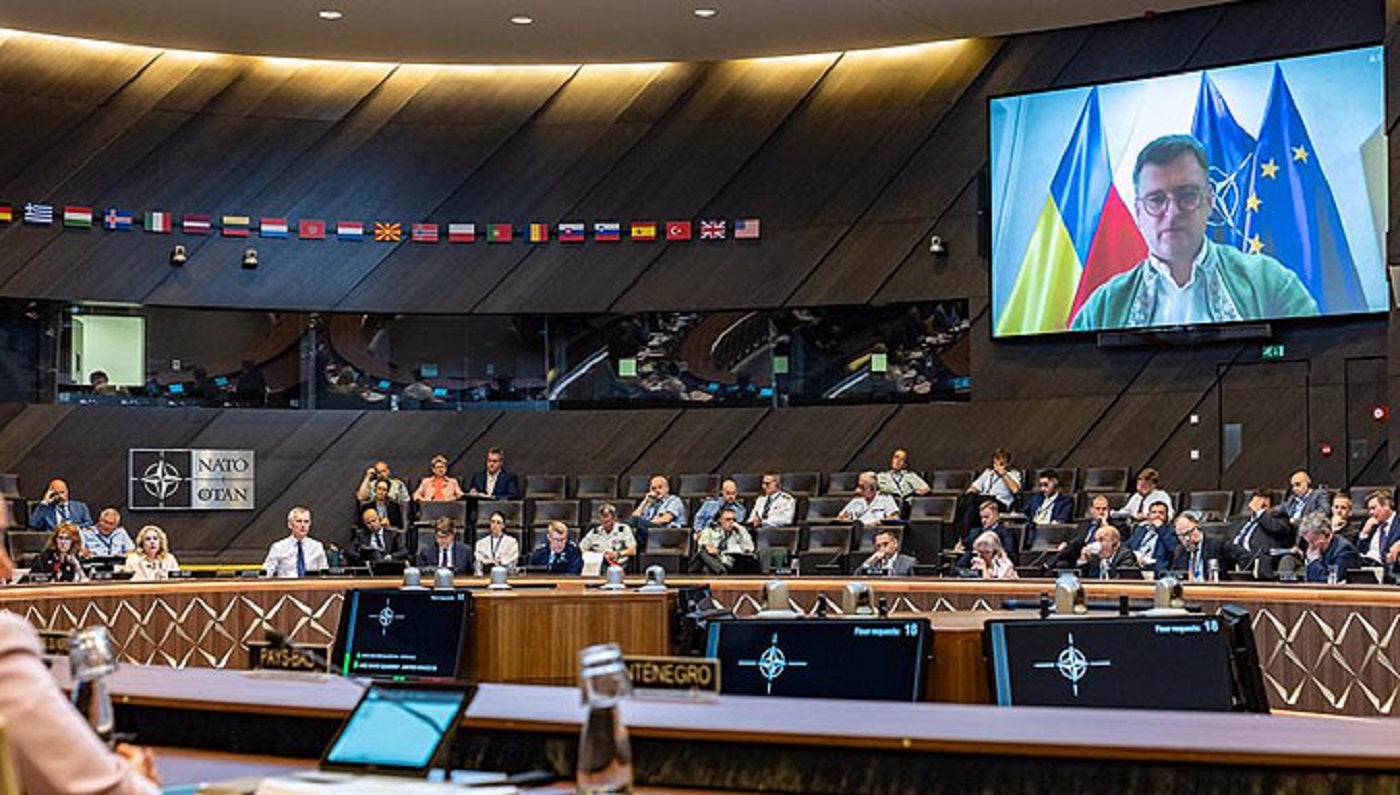
Shook by the humanitarian crisis following the destruction of the Kakhovka dam on the Dneiper river a few days ago, Nato countries have consoled Ukraine by rallying for more support.
On 8 June, the Nato-Ukraine Commission met with Ukraine’s foreign minister, Dmytro Kuleba, to discuss the destruction of the dam and the devastation it has caused.
Secretary General of Nato, Jens Stoltenberg, said the consequences for thousands of people and for the environment are dramatic. He also urged Nato partners to provide support expeditiously.
Nato allies expressed strong solidarity with Ukraine, and many are already providing critical aid, including water filters, pumps, generators, and shelter equipment.
Nato’s Euro-Atlantic Disaster Response Coordination Centre, the alliance’s civil emergency response mechanism, shared a detailed list of Ukraine’s most urgent needs with all members in the alliance.
The Stoltenberg stressed the importance of immediate, medium and long-term support to Ukraine, saying that this will be a key topic for next week’s meetings of Nato defence ministers and the Ukraine Defence Contact Group, as well as the Vilnius Summit in July.
Counter-offensive and the dam
In addition to the pledged support, on 9 June the United States committed further military assistance to Ukraine.
This includes additional Patriot air defence munitions, HAWK air defences, Puma uncrewed aerial vehicles, and artillery among other things as part of its ongoing package worth more than $40.4bn to date.
It has been widely reported that Ukrainian forces have been testing Russian defences in south-eastern Ukraine ahead of the summer offensive.
Meanwhile, on 8 June, the Pentagon held a press briefing where one reporter suggested that Ukraine may have caused the destruction of the dam itself, stating:
“We have seen before where Ukraine avoids culpability and is quick to blame Russia, like that missile that went into Poland that they said was Russia, but turned out it was actually Ukraine by accident.”
The reporter went on to ask the Pentagon press secretary, Brigadier General Pat Ryder, whether “there is a concern that [Ukraine is] not being totally transparent with us.”
To which Ryder emphasised that “Russia invaded Ukraine and attempted to eliminate it as a country. So the Ukrainians naturally have a right to defend themselves and we have a right to be able to support them to defend themselves.
“I’m not going to speak for the Ukrainians in terms of their various activities when it to the things that you highlight,” Ryder added.







